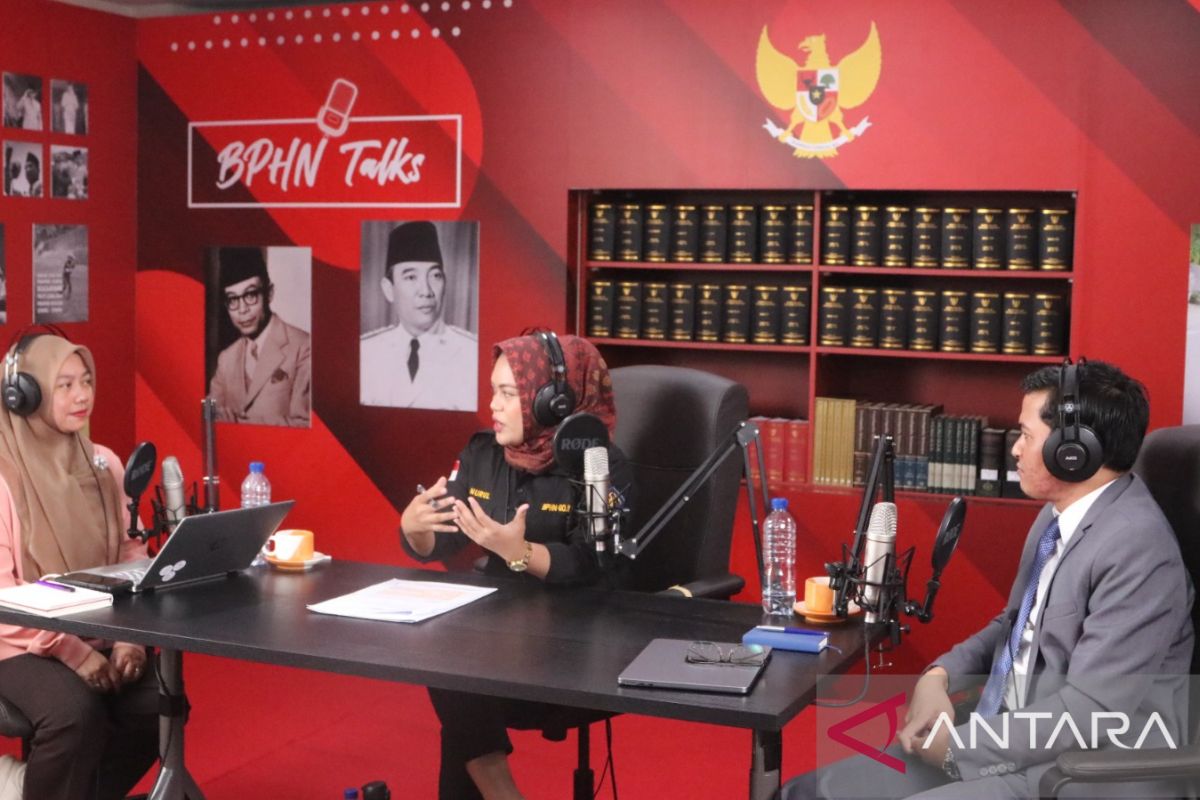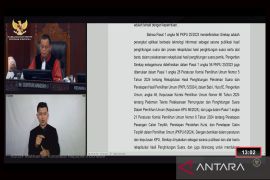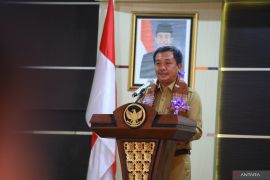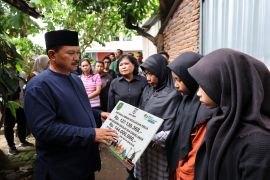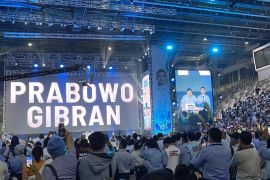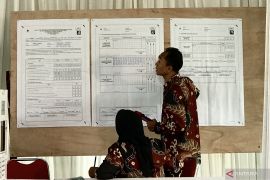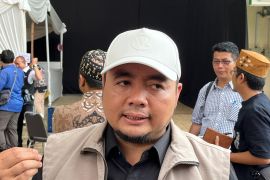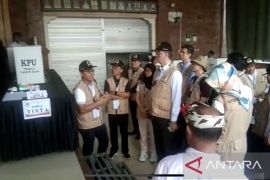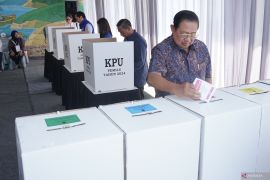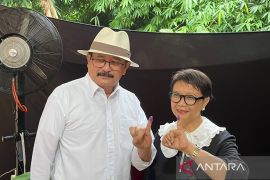At the "2024 Election Polemic: Advantages and Disadvantages of Open, Closed, and Mixed Proportional Representation" discussion hosted by BPHN, a member of the supervisory board of the Association for Elections and Democracy (Perludem) Titi Anggraini said that democracy needs well-informed voters.
She also highlighted the need for evaluating the current election system as well as ensuring voters' knowledge of the voting system and the political candidates they pick during the elections.
"They must also understand every consequence of their choice. Hence, our challenge is to create non-pragmatic voters, aside from our other challenge to create non-pragmatic legislative candidates," Anggraini said, according to a statement received on Friday.
Meanwhile, former General Elections Supervisory Agency (Bawaslu) commissioner Fritz Edward Siregar said that the 2024 elections need to be planned prudently to reduce the cost of the “fiesta of democracy.”
He added that election organizers must ensure that the 2019 General Election scenario where scores of election officers died of fatigue is not repeated in 2024.
"Election is a huge task that does not end in a single day, as the preparation until its execution takes a long time and has long-term effects," Siregar said.
Meanwhile, rector of Banyuwangi-based University of 17 August 1945 Andang Subahariyanto highlighted the case of a political party member in his region who failed to be considered as a legislative candidate despite his long tenure in the party due to his lack of popularity.
Earlier, BPHN head Widodo Ekatjahjana said that since all election systems have their advantages and disadvantages, a compromise that involves combining the best aspect of each system is needed.
Such a compromise, besides ensuring that political parties name their most competent cadres as candidates, will also involve affirmative action for women candidates and inclusion of party cadres with long tenures in their party as candidates in an election, he added.
"Moreover, (candidates) winning the most votes will remain accommodated in the system," Ekatjahjana said.
Related news: Media must encourage honest, fair conduct during Elections: President
Related news: Ministry seeks to strengthen neutrality of state officials on election
Related news: Bawaslu, KASN agree to monitor political neutrality of state apparatus
Translator: M Zulfikar, Nabil Ihsan
Editor: Azis Kurmala
Copyright © ANTARA 2023
